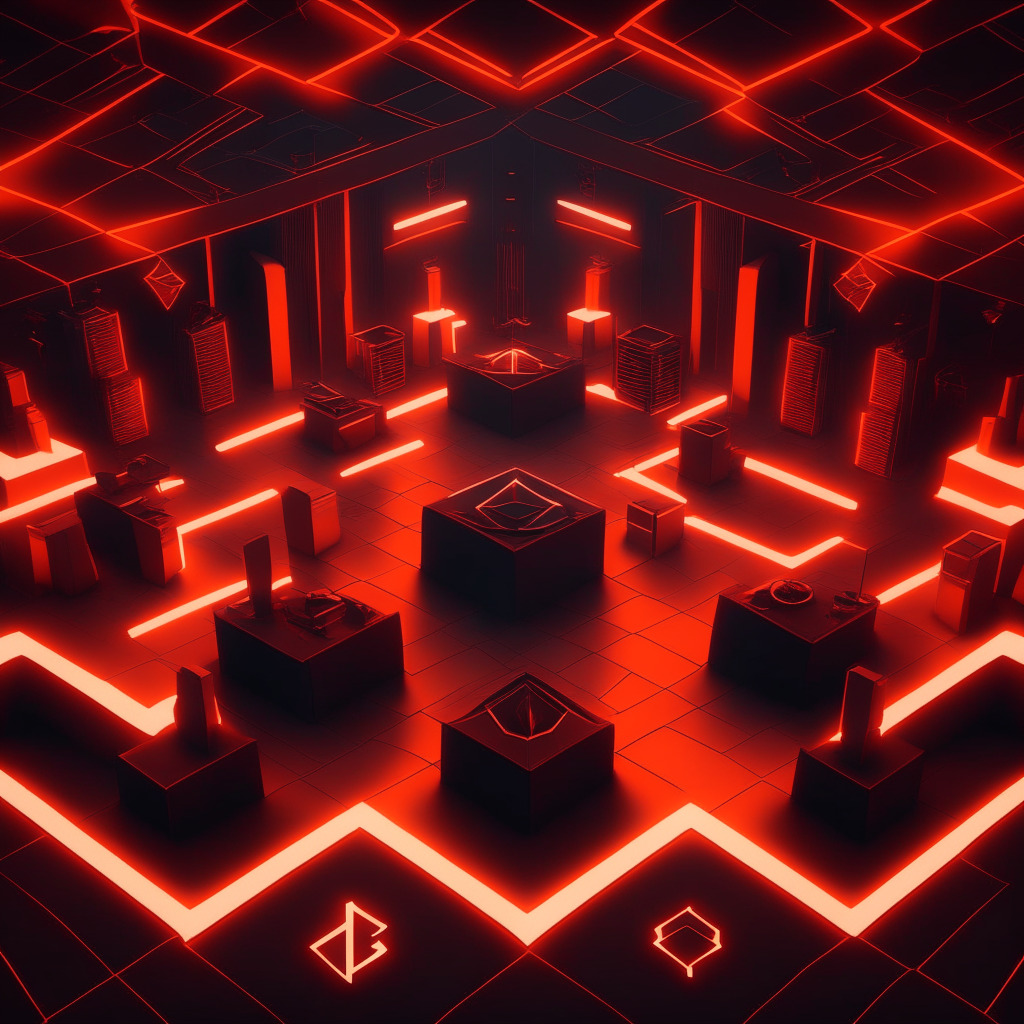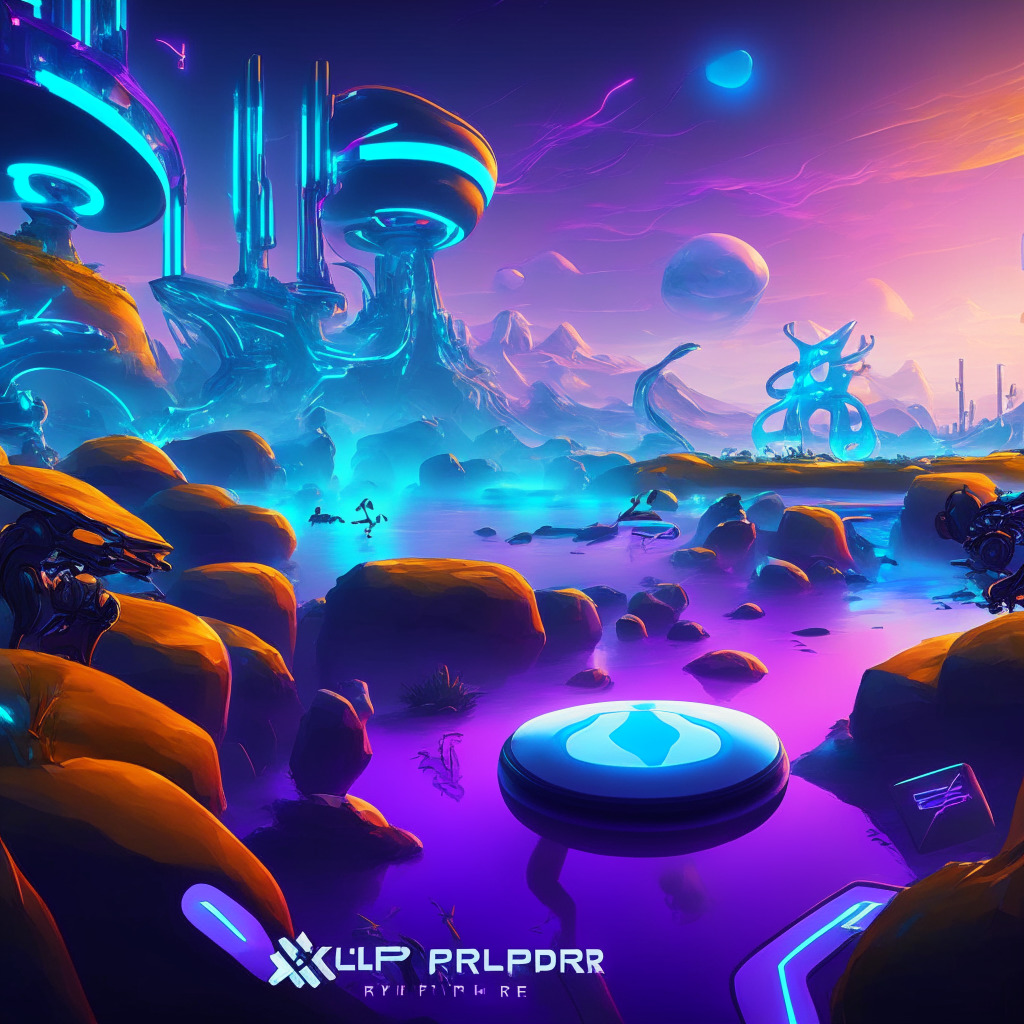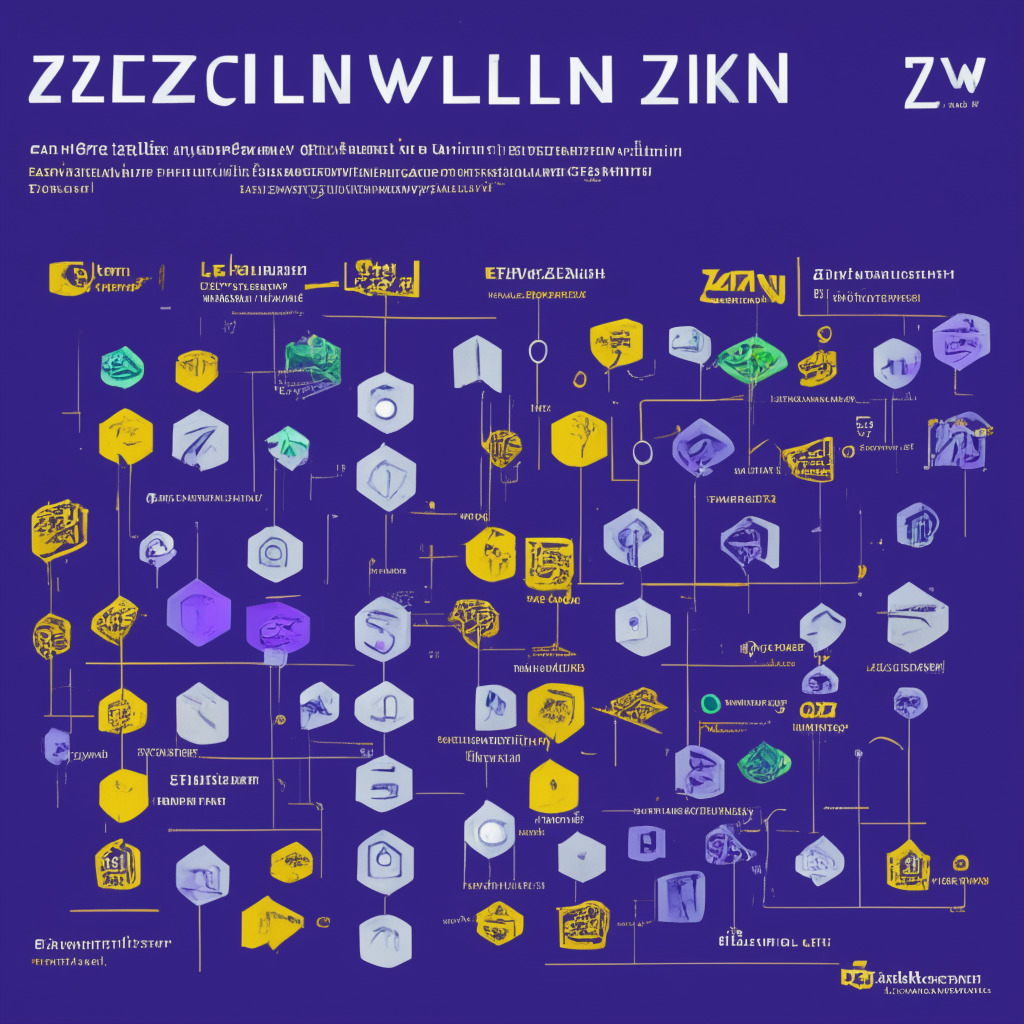In the realm of blockchain technology, the vital open-source ethos has allegedly been marred by a recentity that involves Matter Labs and the creators of Polygon Zero. The latter claims in a published blog that Matter Labs has appropriated their open-source code in developing its zkSync rollup, without providing merited attribution.
Open source software licenses are typical in blockchain projects, purposed to cultivate a community of developers who can read, copy, and even contribute to an original codebase, thereby enhancing the technology. The understanding, however, is that third-party developers must acknowledge the source of code use. Polygon alleges that Matter Labs flouted this fundamental understanding, branding its actions as averse to the open-source ethos and detrimental to the ecosystem.
The bone of contention lies in Matter Labs’ newly released proving system, Boojum, which, according to Polygon, contains code lifted from Polygon’s “Plonky2” software library. This copied code has allegedly been presented devoid of clear attribution to the originators.
Developers of so-called layer 2 blockchains- zero-knowledge rollups that streamline transactions for users by offloading traffic from the primary Ethereum chain- are invariably in fierce competition for users and investors, so spats are commonplace in the tech scene. However, this code copying saga marks a novelty in the rivalry between Polygon and Matter Labs.
Other members of Ethereum’s layer 2 milieu have chimed in on the issue, echoing sentiments of disappointment with Matter Labs. A stark instance is Starkware co-founder, Uri Kolodny, who tweeted that such crafty code copying endeavours have happened before, and surely weren’t going to come to a halt now. Louis Guthmann, the Ecosystem Lead of Starkware also expressed that the gravity of these allegations, reiterating the core importance of honesty, clear attribution, and respect for licenses in Open Source.
Matter Labs has remained silent over this issue, and news outlets such as Coindesk who have reached out for comments have been met with silence. In retrospect, what this scenario underscores is the need for strict adherence to community norms and respect for original work, as the future of blockchain technology requires both collaboration and competition without sacrificing the principles of honesty and attribution.
Source: Coindesk




